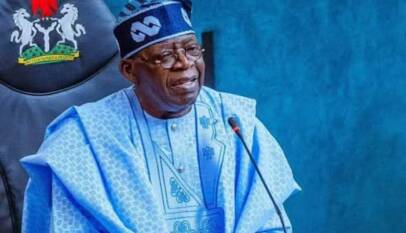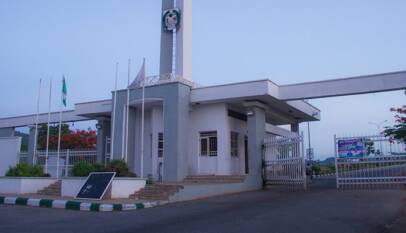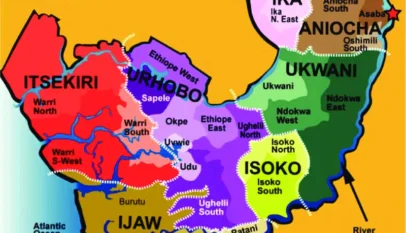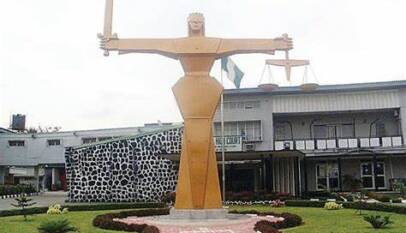By Deborah Nnamdi
The Federal Executive Council (FEC), chaired by President Bola Tinubu on Wednesday, approved a seven-year moratorium on the establishment of new federal tertiary institutions across Nigeria.
The ban, which applies to universities, polytechnics, and colleges of education, is aimed at addressing the growing inefficiencies in the country’s higher education sector.
Minister of Education, Dr. Tunji Alausa, explained that the challenge is no longer access, but the unchecked proliferation of institutions, which has led to declining infrastructure and inadequate staffing.
“Access to federal tertiary education is no longer our core issue,” Alausa said. “What we are witnessing now is a duplication of institutions, which has significantly reduced their operational capacity and degraded both infrastructure and manpower. Without urgent action, we risk a serious decline in educational quality and the global standing of our graduates.”
Alausa revealed that Nigeria currently has 72 federal universities, 108 state universities, and 159 private universities, in addition to hundreds of polytechnics, colleges of education, monotechnics, and specialized institutions.
Despite this large number, actual demand remains low. For the 2024–2026 academic sessions, around 2.1 million candidates applied to tertiary institutions. However: 199 universities had fewer than 99 applicants, 34 universities had no applicants at all, 295 polytechnics and 219 colleges of education saw similarly low numbers, while 64 colleges of education had zero applicants.
In some cases, Alausa said, institutions operate far below capacity. He cited one northern federal university with fewer than 800 students but over 1,200 staff — a situation he called unsustainable.
The minister emphasized that continuing to fund these underutilized institutions drains public resources and compromises quality.
Instead, the government will focus on upgrading existing institutions — improving infrastructure, hiring more staff, and increasing their capacity to admit and train students effectively.
“We must enhance the quality and capacity of our current institutions so Nigerian graduates can continue to earn global respect,” Alausa stated.
He commended President Tinubu’s leadership, describing the education reforms as part of a broader commitment to delivering world-class education to all Nigerians.



































